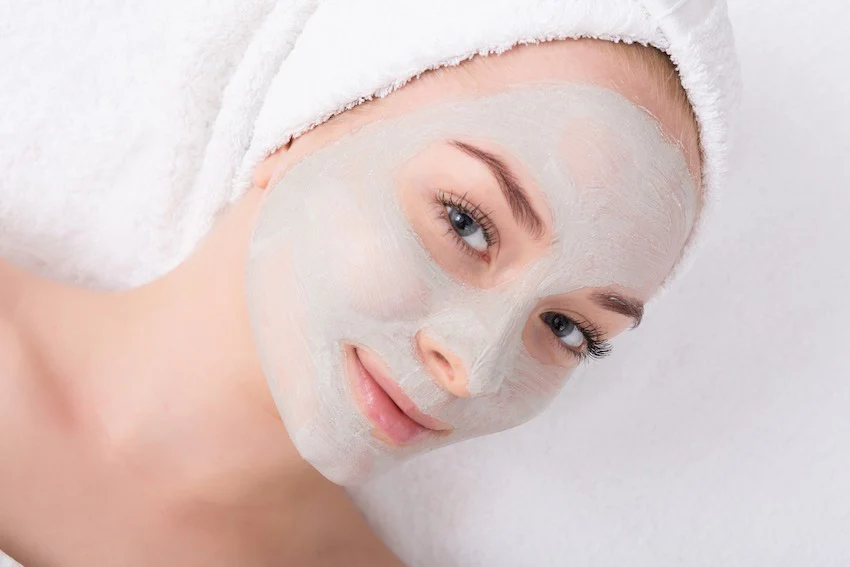
Toners, moisturisers, serums, masks … These days, there are...
FREE shipping and FREE gift when you spend over $75*
Retinol is a form of Vitamin A that can be found in skincare products such as creams, lotions and serums.
It can be used to unclog pores, reduce the appearance of fine lines, wrinkles and enlarged pores and increase skin cell and collagen production to promote a fresh, plump and even-looking complexion.
Shop Skincare with Retinol easily and conveniently at Cosmetic Capital with our Standard and Express shipping options and buy now and pay later payment methods, Afterpay and zipPay.


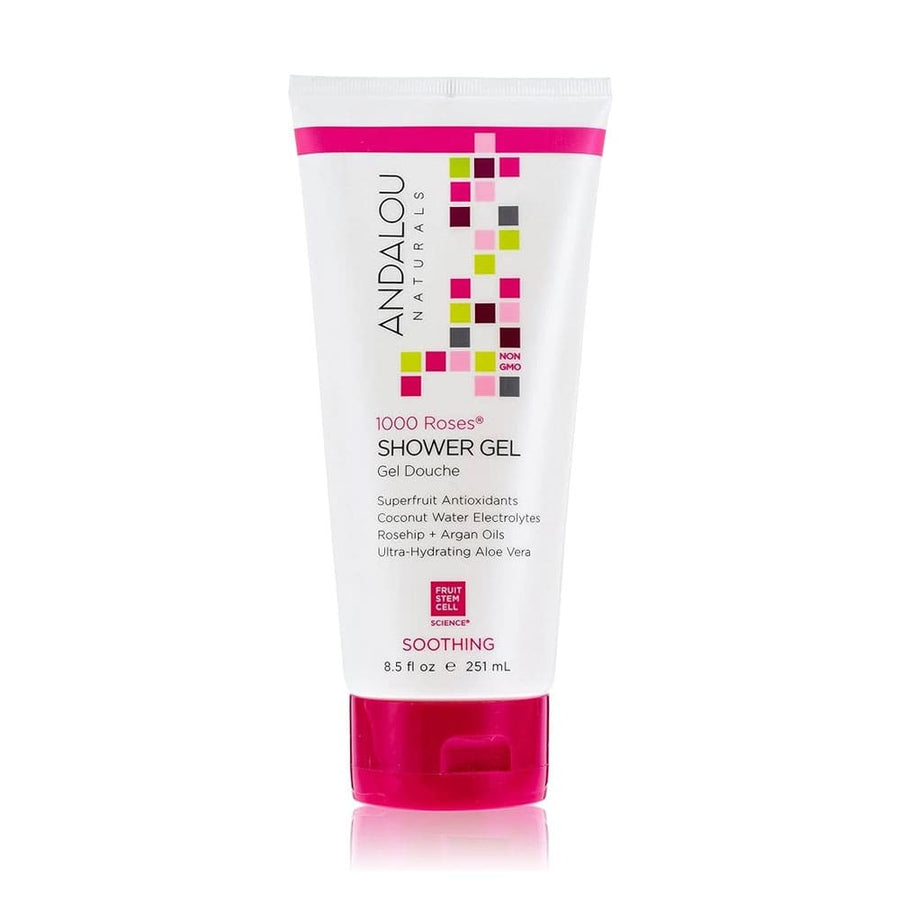
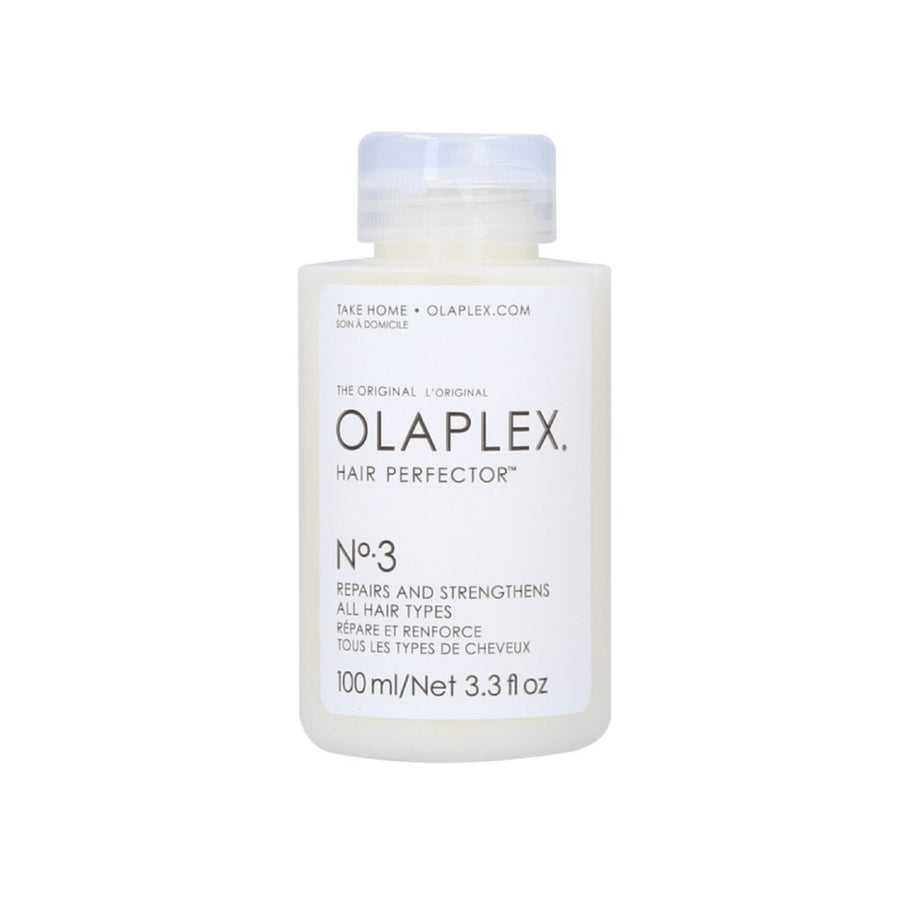


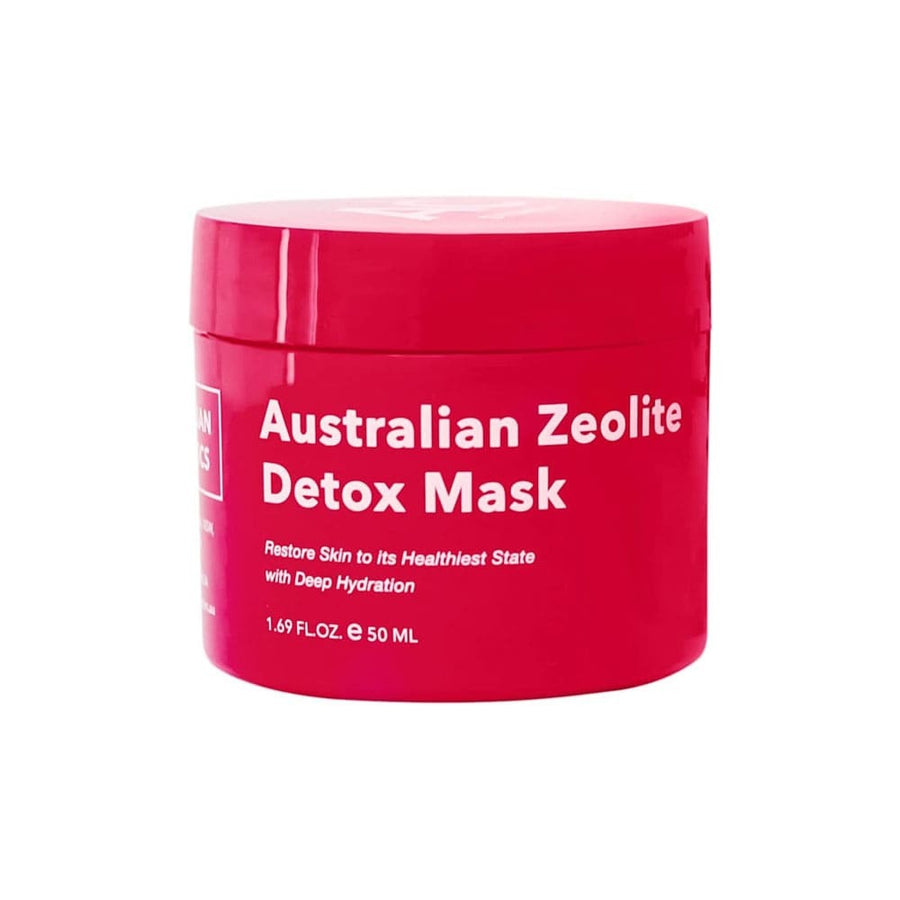

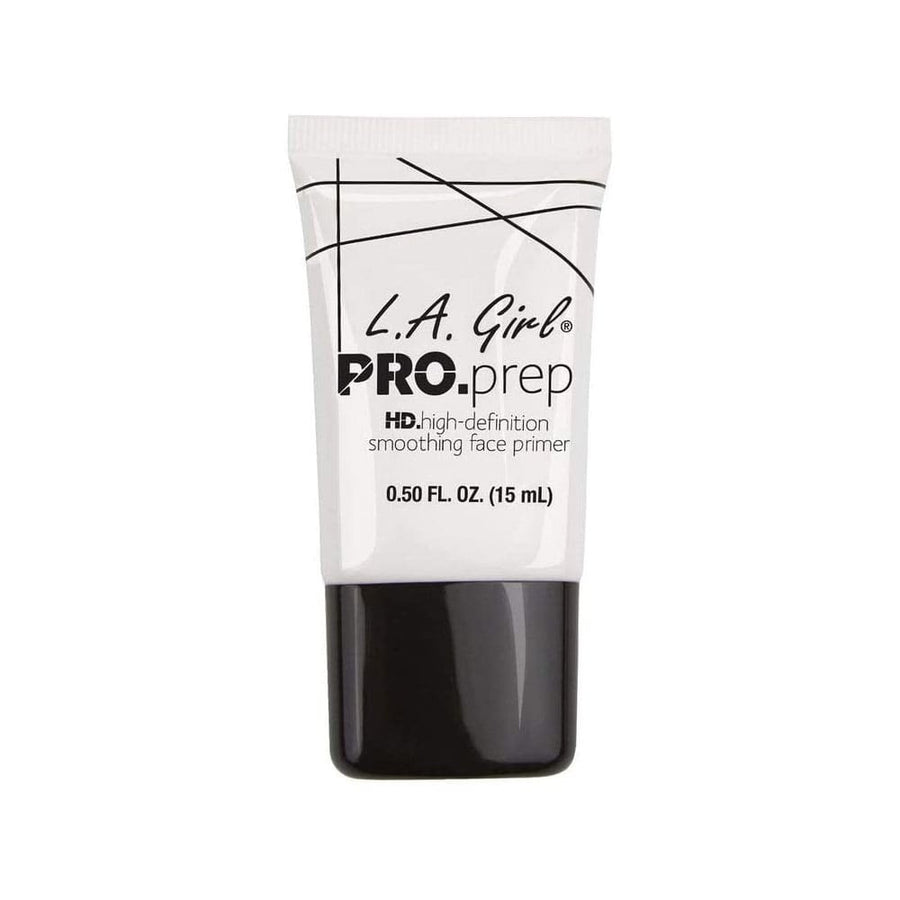
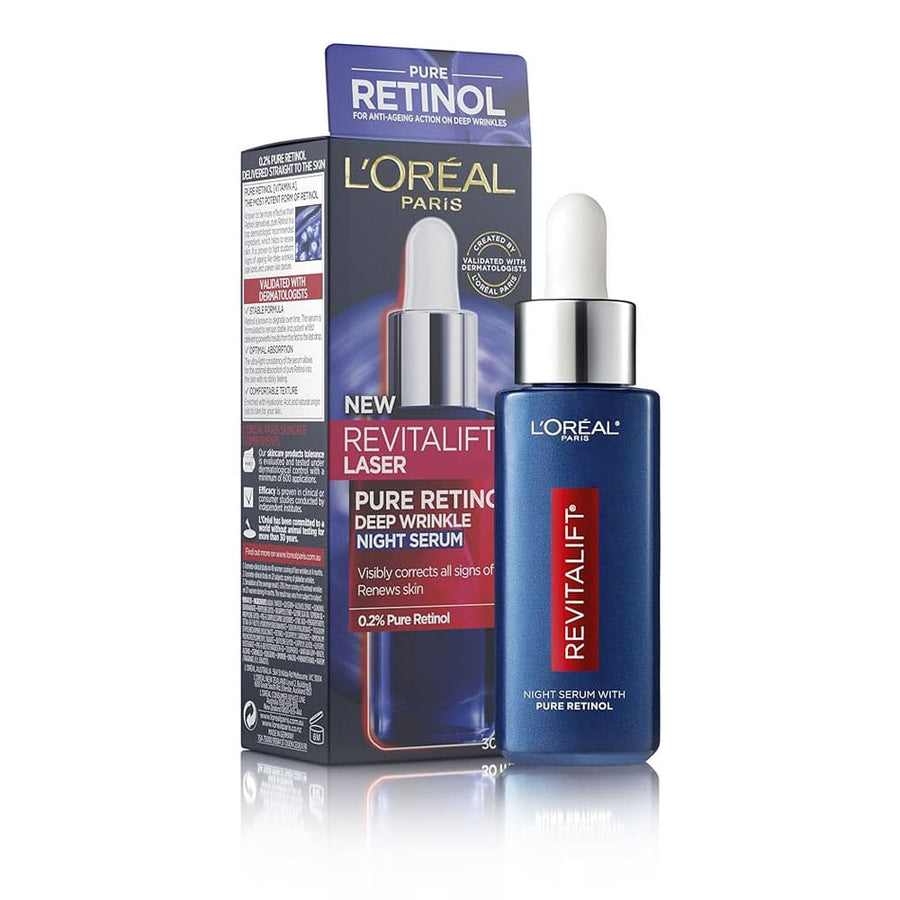
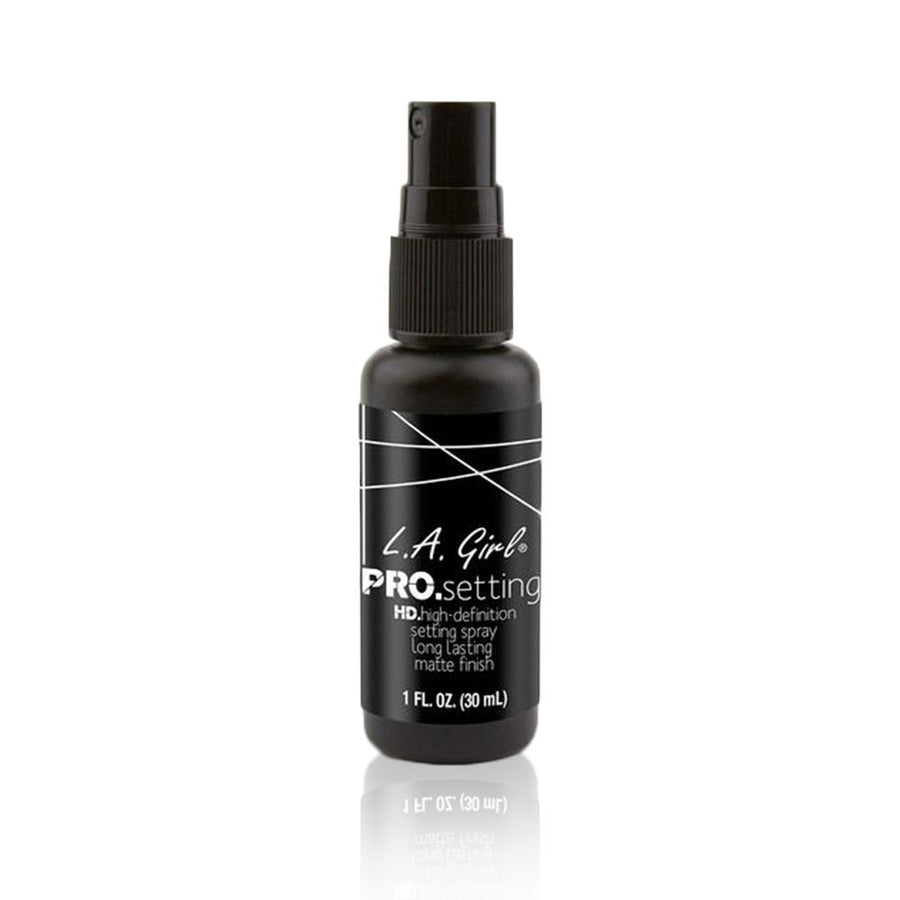
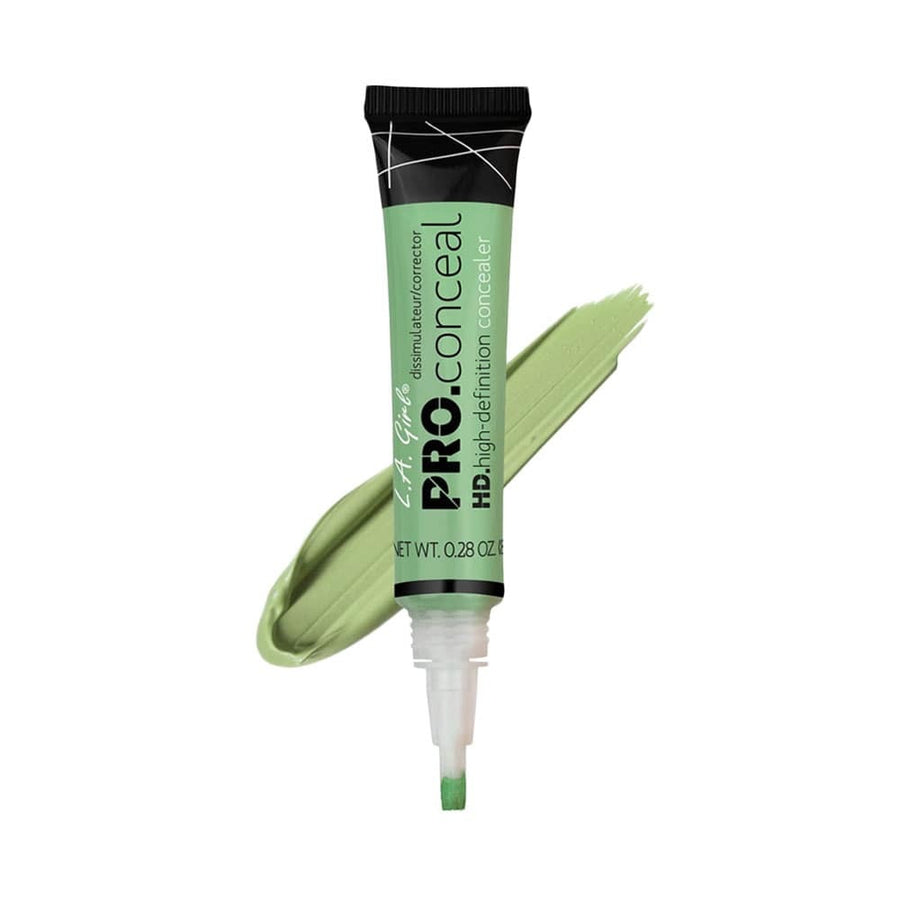

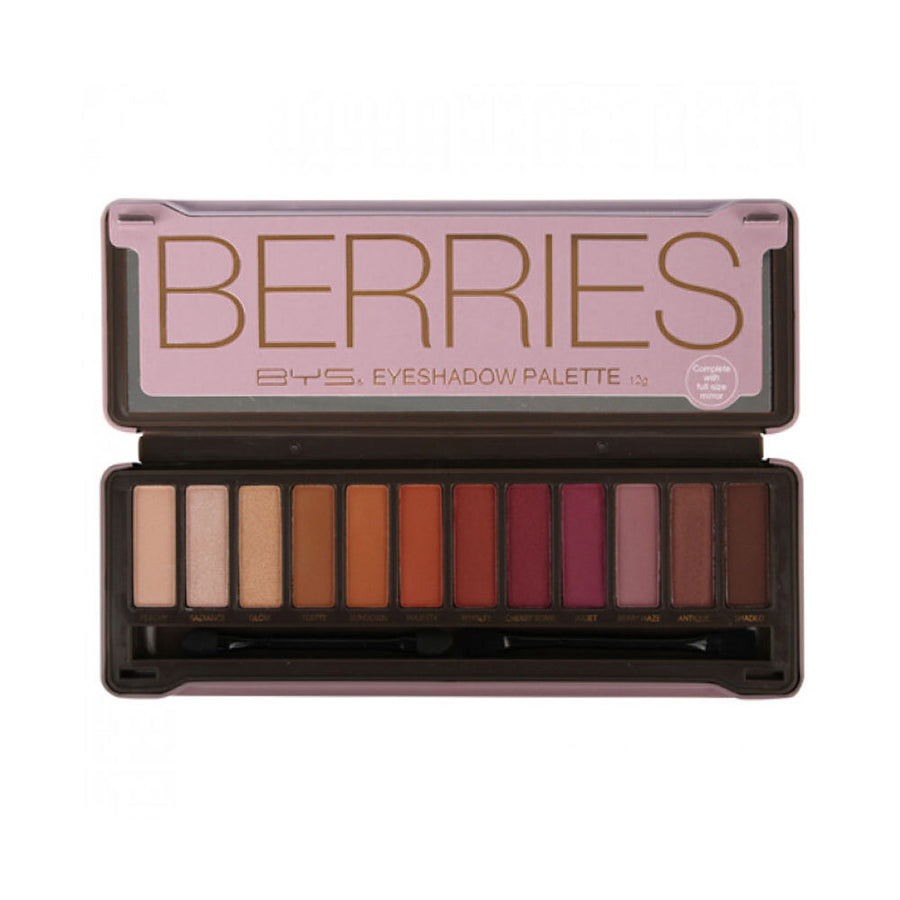

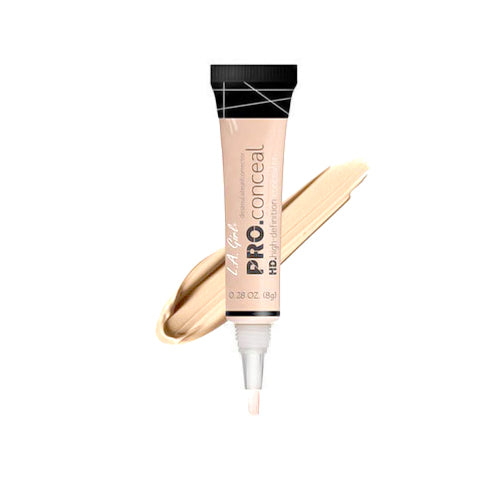
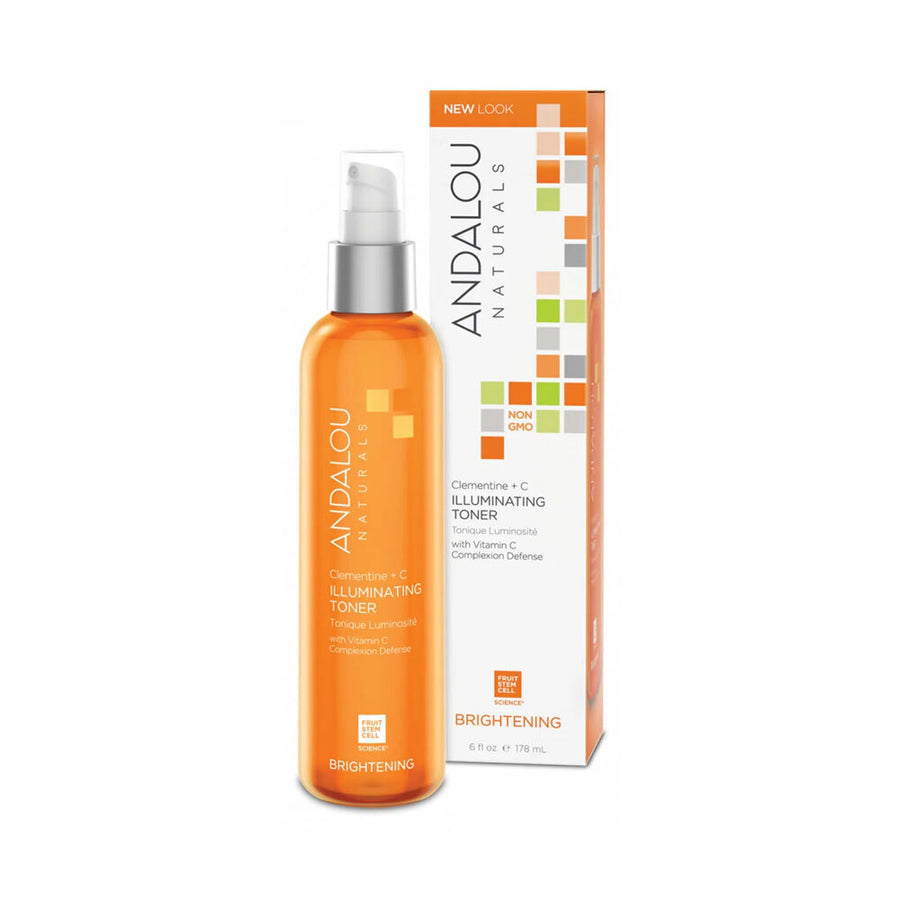
Retinol is the miracle Skincare treatment that has amazing benefits when used correctly. Retinol creams are made from Vitamin A and vary in strength. This magical ingredient features predominately in face creams and serums. Retinol helps build collagen and repair your skin, so it is no surprise that this ingredient is renowned for winding back the years and the signs of aging. However, like any good skincare routine, it is important to understand the side effects of Retinol and when you should use it sparingly. If you are looking for skincare then brands like L’Oreal offer fantastic products at amazing prices, or for Makeup specials be sure to look at the great products available from Rimmel or NYX.
What is Retinol?
Retinol is a type of retinoid, which is a derivative of Vitamin A. Retinoids are specifically used in skincare products as they increase collagen production and the rate of skin cell turnover. Retinoids also have the added benefit of helping treat acne, blackheads and clogged pores.
As a result, retinoids are often used in skincare products as they improve your skin’s overall texture, minimise fine lines and wrinkles, even out skin tone and reduce pore size.
There are a few different types of retinoids used in skincare creams, such as face creams, eye creams and serums, but Retinol is the most effective for an over-the-counter product.
What does Retinol do for the skin?
Retinol has a dual effect of treating acne and anti-aging. As this ingredient increases the rate of turnover of skin cells, it ensures younger, plumper cells are closer to the surface of your skin. This not only reduces wrinkles and fine lines, but it also unclogs pores. With consistent use, Retinol also increases collagen production and elastin in the deeper layers of the skin.
This makes using Retinol effective not only for those suffering with acne or clogged pores, but as a general preventative for use in anti-aging.
How to use Retinol skincare
Using Retinol is firstly dependent on your skin type and how well your skin tolerates this Active Ingredient. It is advised that you always start on a very low percentage and build up slowly so your skin can tolerate it.
Specifically, if you have sensitive skin, rosacea, dryness or contact allergies, Retinol may not work for you as it may be too harsh.
When using Retinol, it is best to pair it with a Vitamin C serum to protect your skin from free radical damage caused by the sun and pollution.
Use your Vitamin C serum in the morning and Retinol in the evening, as Retinol builds collagen and helps skin repair.
Make sure to use a moisturiser after using Retinol. Moisturisers with Hyaluronic Acid and ceramides are best. If you are suffering from really irritated skin, you can use a moisturiser before applying Retinol to reduce the side effects. This is a technique called ‘buffering’.
As Retinol can take time to tolerate, start with using it only once a week. Then build up to alternating nights or even every night if your skin can tolerate it.
Don’t forget that every skincare routine is wasted without using sunscreen during the day. This is especially true when you use Retinol, as it can make your skin more sensitive to the sun.
Can you use Niacinamide with Retinol?
Niacinamide can definitely be used with Retinol. Niacinamide works to keep skin calm and strengthens then skin’s natural barrier. Retinol works to regenerate the cells while improving collagen production.
These two Active Ingredients complement each other when used together in combatting acne and overturning signs of aging. When used together they improve the benefits they individually provide.
Can you use Retinol with Vitamin C?
Vitamin C is often used to complement Retinol, but these two Active Ingredients can cause issues if used immediately together.
Instead, it is advised to have a space between using Vitamin C and Retinol.
For the best success, use Vitamin C in the morning as it works best for day-time concerns, while using Retinol at night.
However, if you feel your skin can tolerate these ingredients, you can also use Vitamin C and Retinol at night, but ensure there is at least 30 minutes from when you apply your Vitamin C to your Retinol. As Vitamin C has a lower pH level, it should always be applied first. The half hour wait allows your skin to return to its normal pH level, which means the Retinol can work as it has been designed.
If your skin can’t tolerate that amount of both ingredients, then you can always use Vitamin C and Retinol on alternating days.
Can you use Glycolic Acid with Retinol?
Glycolic Acid can be used with Retinol but it is largely dependent on how your skin tolerates these Active Ingredients.
Glycolic Acid weakens the bonds between dead skin cells on the surface of the skin, which allows exfoliation to take place.
This is similar to Retinol, which increases the rate of skin cell turnover, but it works in a different way.
If your skin is prone to irritation, it may be best to use Glycolic Acid and Retinol on alternating nights. This is also effective for those with acne-prone skin, as skin-purging can occur when Glycolic Acid is used with Retinol. This is when you suffer an initial breakout of spots and pimples, caused by the increased skin cell turnover.
Similarly, if you have dry skin or sensitive skin, you may experience flaking or peeling when using these two ingredients together.
If you have either of those effects, it is best to reduce the frequency of using either or both of the Active Ingredients, or using on alternating nights.
Is Retinol good for acne?
Retinol is a great tool for treating acne-prone skin. As Retinol works by increasing the rate of skin cell turnover, which removes dead skin cells, which are a key factor in causing acne.
As an added benefit, Retinol unclogs pores through this process, which provides a gateway for other acne-specific medications to penetrate.
Retinol is not an acne cure, but should be used in conjunction with a dedicated acne skincare routine.
Shop for other Skincare, Haircare and Nails products at Cosmetic Capital, including leading brands such as Olaplex, Sally Hansen and wet n wild.
$0.00
Loading...